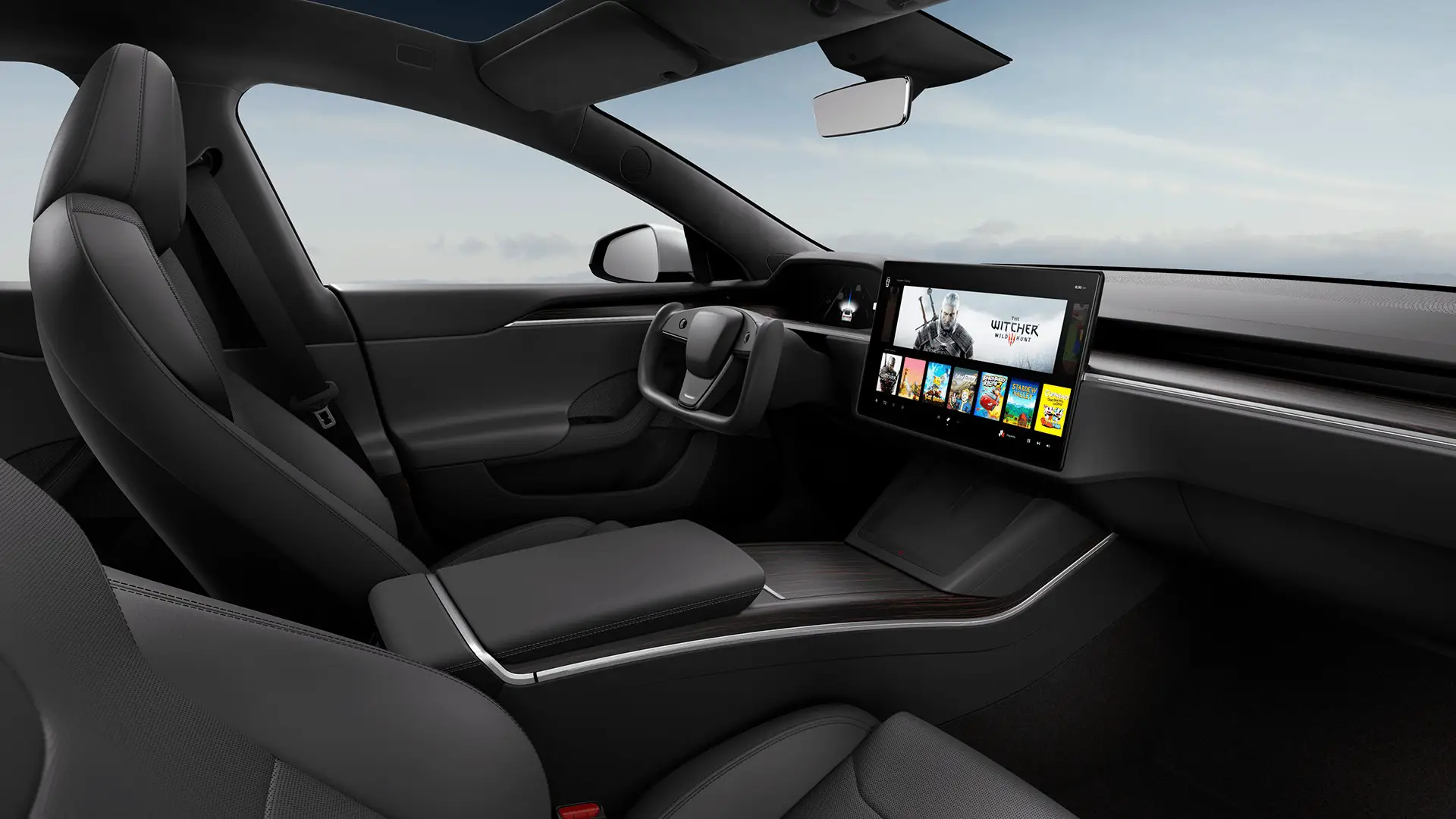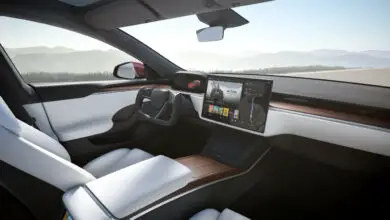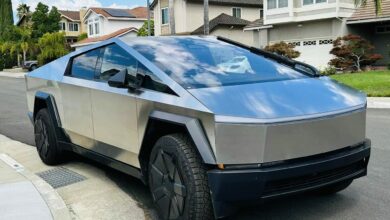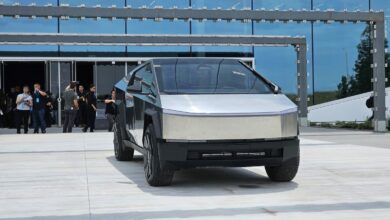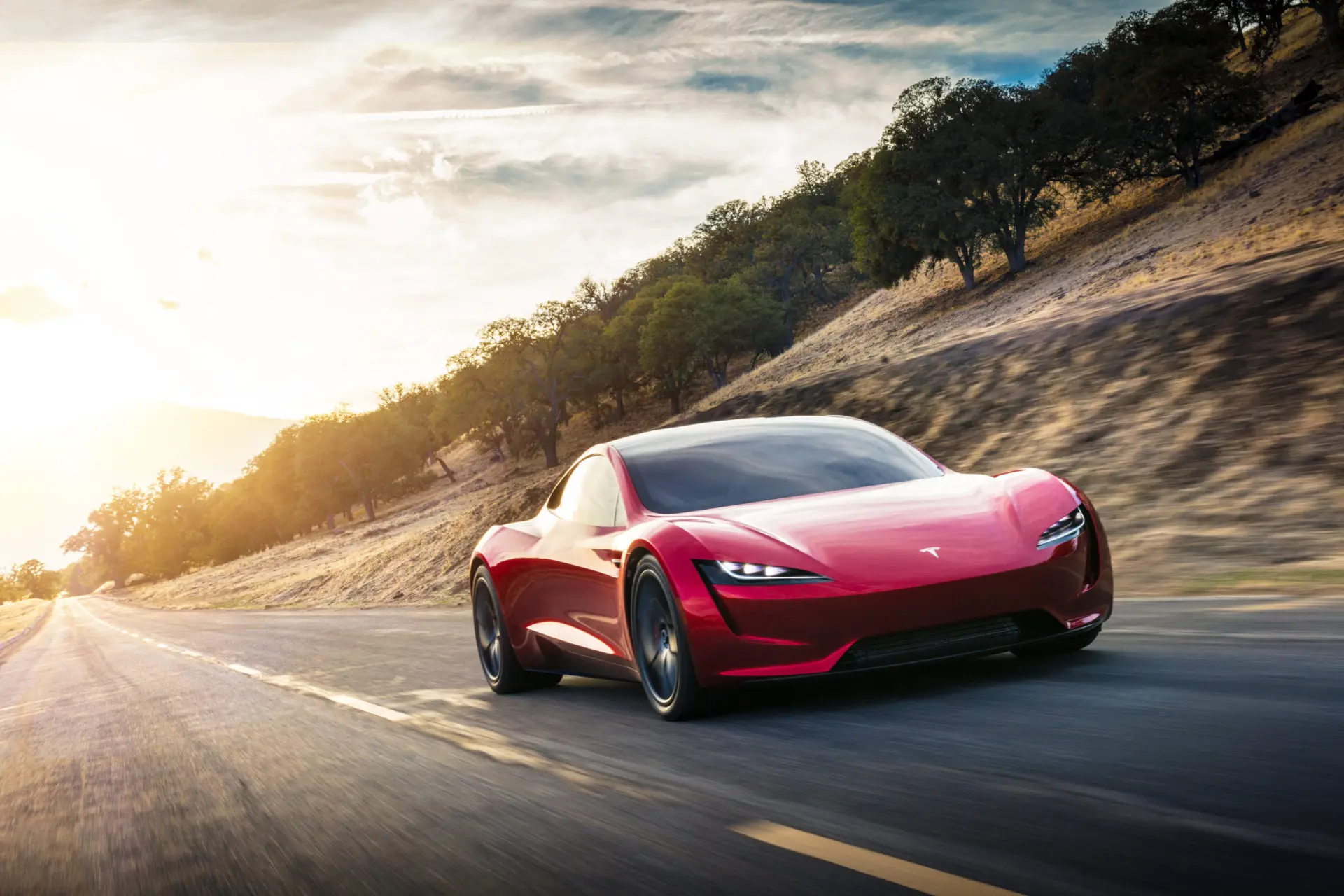Tesla Forced To Recall 817,000 Vehicles After Seat Belt Issue Identified
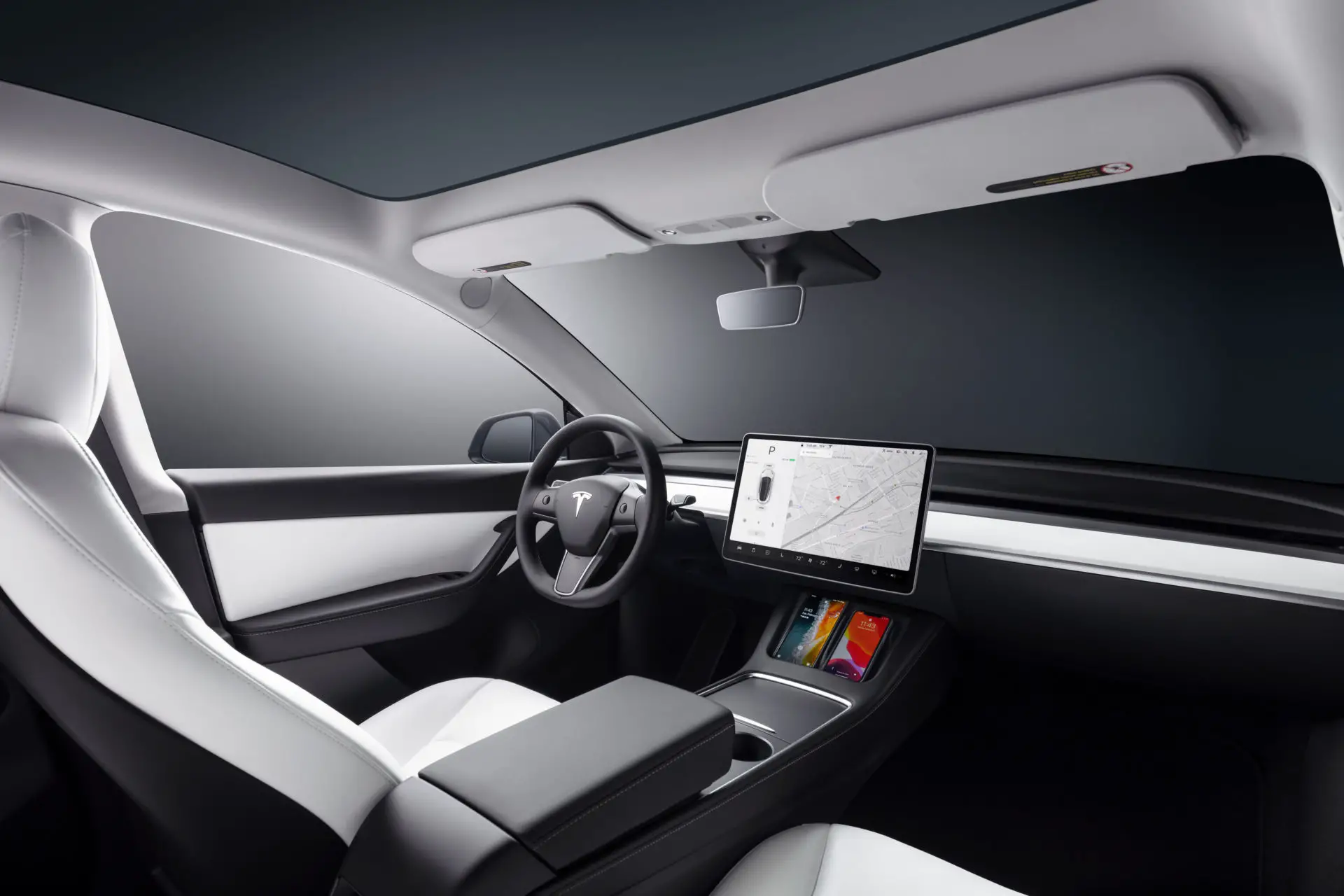
Tesla has been experiencing issues with the seat belt reminders not activating all of the time. Fortunately, this seems to be able to be fixed via an over-the-air software update, but roughly 817,000 vehicles have had to be recalled.
The National Highway Traffic Safety Administration (NHTSA) announced an official safety recall for the issue, which affects “certain model year (MY) 2021-2022 Model S and Model X automobiles, as well as all Tesla Model 3 and Tesla Model Y cars,” according to their website.
NHTSA explained:
“FMVSS 208, S7.3 (a)-(1), requires the audible seat belt reminder chime to activate upon vehicle start (i.e., driver presses the brake pedal after entering the vehicle) if the driver seat belt is not detected as buckled. On certain MY 2021-2022 Model S and Model X vehicles and on all MY Model 3 and Model Y vehicles, a software error may prevent the chime from activating upon vehicle start under certain circumstances. This condition is limited to circumstances where the chime was interrupted in the preceding drive cycle and the seat belt was not buckled subsequent to that interruption (e.g., the driver exited the vehicle in the preceding drive cycle while the chime was active and later returned to the vehicle, creating a new drive cycle).”
Tesla had no choice but to issue the recall because the NHTSA considers a missing seat belt chime reminder to be a safety hazard. Because Tesla couldn’t just push a software update to fix the problem, it had to be classified as an official safety recall.
NHTSA reveals the risk:
“If the audible seat belt reminder chime does not activate at the start of a new drive cycle and the driver does not notice the accompanying visual seat belt telltale, the driver may not be reminded to buckle their seat belt and may begin operating the vehicle in an unbuckled state, which could increase the risk of injury. Tesla is not aware of any injuries or fatalities related to this condition.”
The problem was discovered and reported to Tesla by the South Korea Automobile Testing & Research Institute (KATRI) last month.
Tesla sent the software upgrade to fix the program to the fleet last week.
